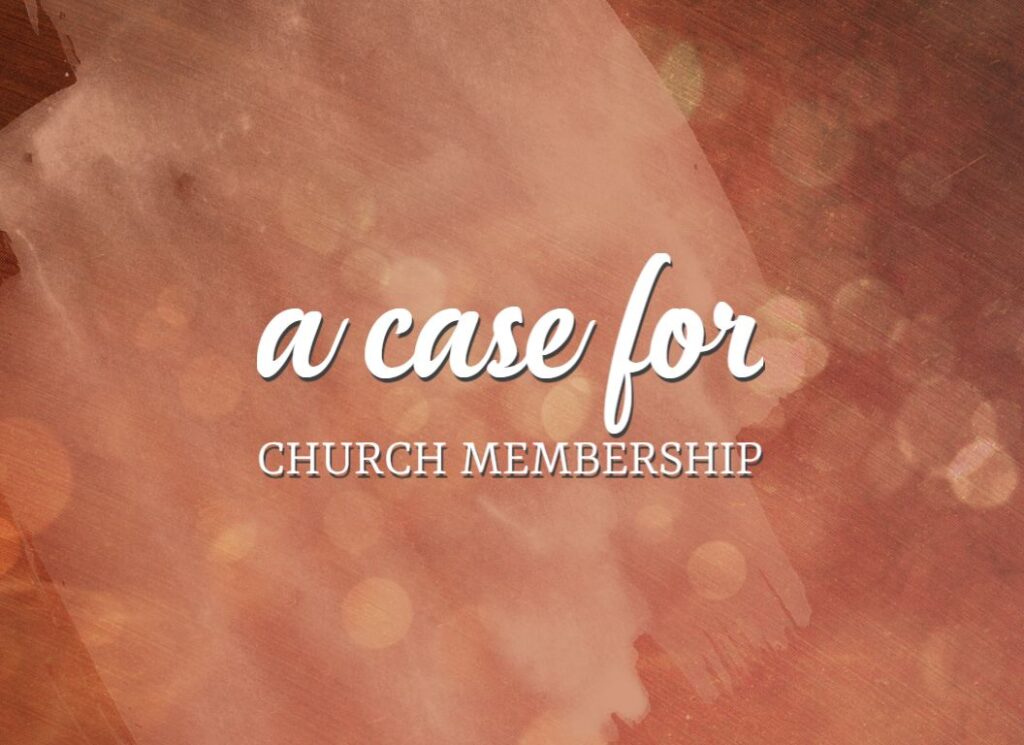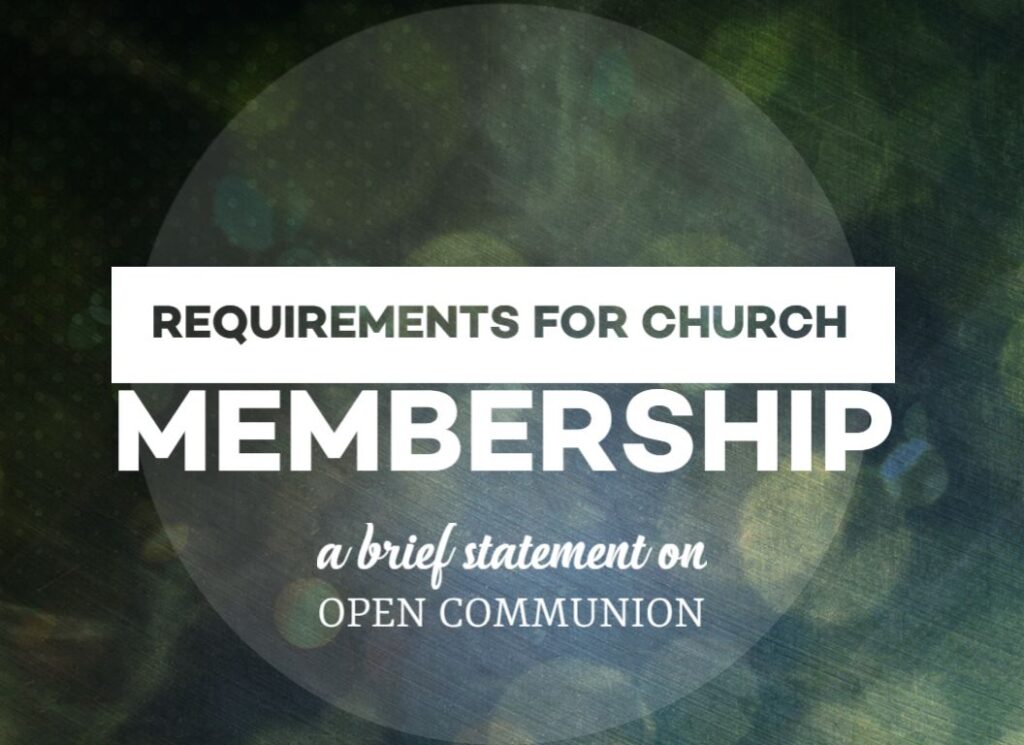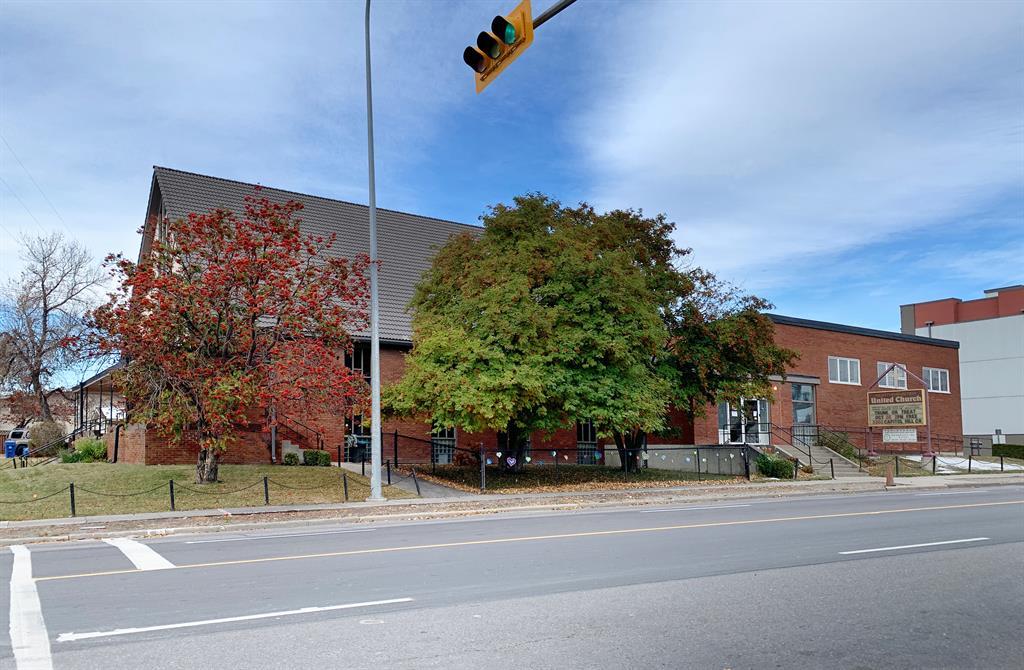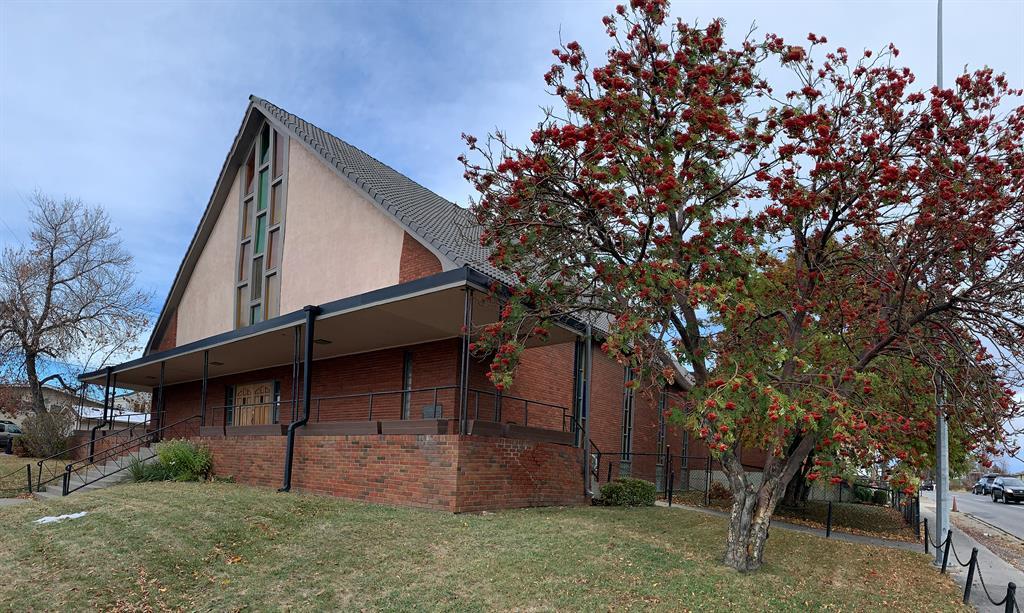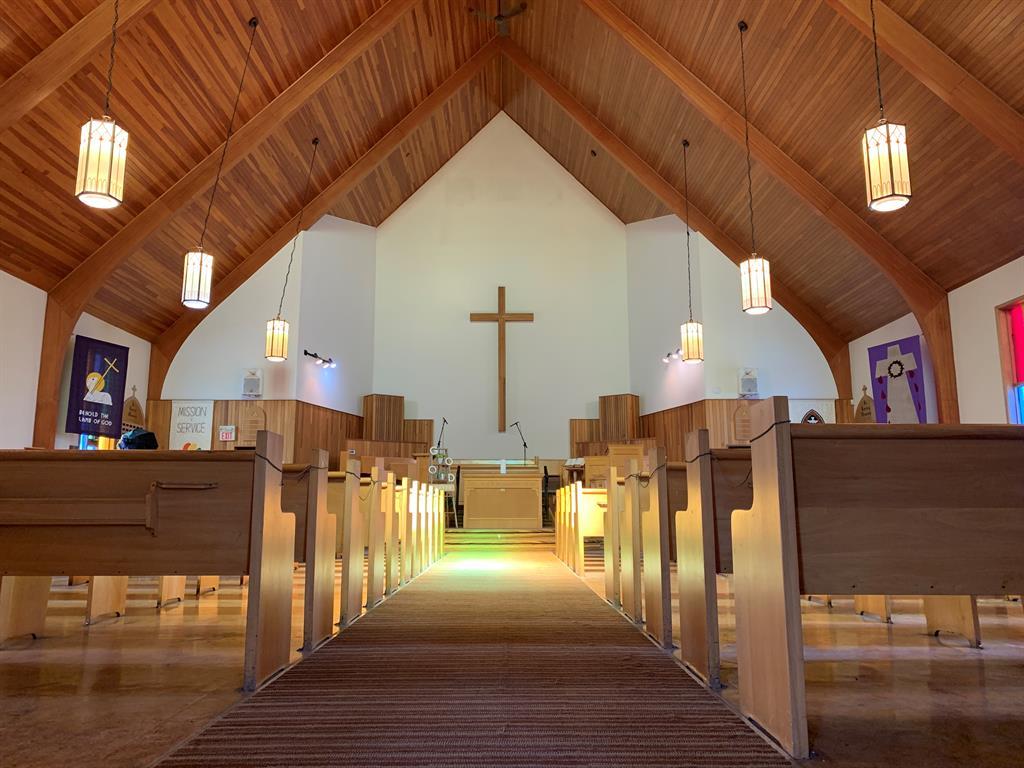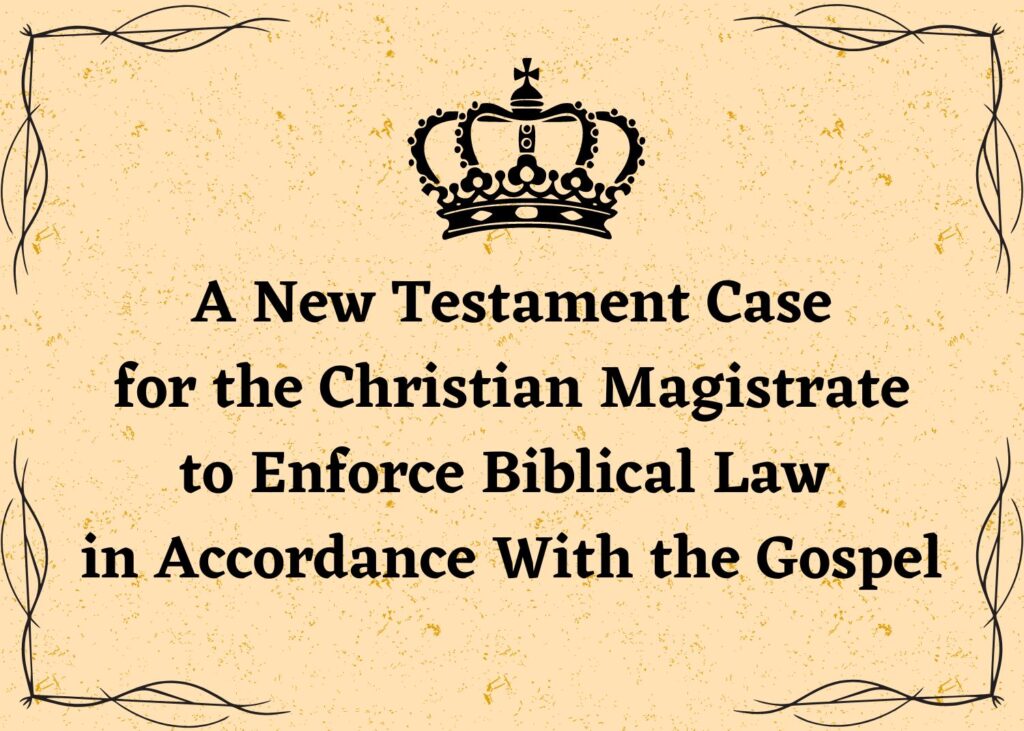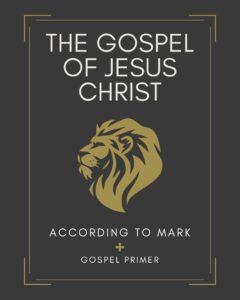“Look not to what you have done, but to what Christ has done; you neither share in whole nor in part with Christ: good works are mentioned, not to buy or purchase glory by, but to evidence an interest in Christ and sincerity in grace; if there be as much as will evidence sincerity, there is enough. The least gold is gold as well as the greatest piece.” James Fraiser of Brea
James Fraser of Brea (1638-1699) was a Scottish Covenanter (a group in Scotland who signed the National Covenant to oppose the interference of the Stuart Kings in the affairs of the Presbyterian Church of Scotland) and later became a minister in Fife. Fraser was born on his father’s Ross-shire estate at Brea, which he inherited as a young man when his father died in 1665; while it was a great piece of land, the estate ended up causing Fraser to inherit large amounts of debt and legal difficulty throughout much of his young life. His father was a powerful leader for the Covenanters’ cause, but not a good financial steward so creditors controlled most of the estate and many people were pleased, claiming that “these religious fanatics are getting their just desserts.”
With all of the mocking, financial, and legal battles plaguing Fraser he continuously had to turn to God for guidance to not become dismayed by his thoughts and outlook on the circumstance. He would often say to himself, “No Lord, not my rebellious will, but thy holy will alone.” As he matured in the faith he learned that these challenges were from God and would be the “best thing” for him and his relationship with God along with God’s purposes for Fraser’s life.
Working hard by using his studies in law (Marischal College Aberdeen (MA, 1658)) he managed to pay off some of the debts and reclaim some of the lands that were lost. With fewer burdens tied up in the estate, Fraser had the call to preach the Gospel. However, it was illegal to preach outside of the state church in Scotland and only the bishops could license people to preach. The bishops, under the leadership of Charles II, removed God-fearing preachers and replaced them with men who did not know the Bible.
Fraser preached on his own property to family and close friends, and as time went on many people came from far to hear him preach. Eventually, he was ordained by a “field presbytery” which was a group that held to the Reformed traditions and worshiped in secret. They were known as the field presbytery because they had no buildings and so the fields and houses were their churches. If the government discovered the preachers the punishment was death.
Fraser was not afraid but had exceeding joy in proclaiming the Gospel of Jesus Christ. Many continued to come for miles to hear him preach, sometimes even thousands would come to hear him. The authorities tried to stop Frasier from preaching, so they called him into court, he refused to show knowing he would be placed in jail and possibly killed. Frasier became an outlaw and lived a life on the run.
In 1676, only after four years of marriage his wife died. This was a serious blow to his confidence, impacted his ministry for a time, and people often saw him as an “empty room” of his former self. Even though Fraiser lived another twenty years, he never remarried. Around this same time, the Covenanters were divided, some wanted to fight with armed resistance against the persecutors. However, Fraiser was in the other camp believing it was wrong to take up arms. Even though he did not want to fight, his preaching still angered the officials and placed a large bounty on his head.
In January 1677, the government used a bribe to discover Fraiser’s location and he was taken captive. He was charged with preaching and taking up arms against the king. The prosecutors exclaimed that preaching in fields, conventicles, and homes was illegal. Fraiser explained that he did not preach about taking up arms, but “[if it is] unlawful to preach the Gospel in houses or fields … I have been preaching Christ and have been exhorting people to mend their ways and repent and if doing that is pernicious then I pronounce myself guilty of it.” Some in the council were willing to let him go, but the top bishops would not and punished him as an enemy of the king.
Fraiser was sent to jail, and the next day after his sentencing he was escorted to a ship and sent to the island prison of Bass (Scotland’s Alcatraz), which held many covenanters and those who were considered enemies of the state. Fraiser survived by eating rations, dried fish, and drinking from puddles of water from the snow thaw and rain. If storms were bad, ships would not come to bring supplies and the temperatures would cause many ailments to come about in the prison cells. Fraiser was a prisoner on the Island of Bass for two years.
Fraiser was a motivator and would often say to others and himself, “Never be idle, never sit still, be always on duty, and never quit.” His primary focus on the island was his personal devotion and communing with the Lord. Two times a day he would gather with other Christians for times of worship and preaching. He even wrote his famous work on Justifying Faith. When he was not preaching or communing with the Lord he taught himself the basics of Hebrew and Greek. He was offered freedom if he would not preach, but Fraiser could not accept. In 1679 he was freed from the island with the king’s relaxed rules on allowing house preaching. Fraiser’s new freedom resulted in preaching from house to house, but he was soon again arrested in 1681 for preaching outdoors and being accused of inciting rebellion against the king. He was confined in Blackness Castle. He was exiled from Scotland, on his release six weeks later, and again imprisoned in London in 1683 being accused of being part of a plot to kill the king.
Fraiser condemned any violence done to the king and defended the faith of the Reformation while he stood on trial for his crimes in London. With the king in attendance, he tried to force Fraiser to take the Oxford Oath (which bound every person to refrain from reforming the government or the church). Unswayed, Fraiser stood his ground and was condemned to New Gate prison. At New Gate, the jailers refused Fraiser visitors and denied him preaching to fellow prisoners. This was disheartening for Fraiser, but that did not sway him from giving up his cause.
After the Glorious Revolution in 1688, Stuart Kings were removed and the persecution of ministers ended in Scotland. Fraiser quickly returned to Scotland and became a minister in Culross until his death at the age of 59.
James Fraiser’s devotion to Christ was extraordinary, God gifted him in many unique ways, especially the mental and physical fortitude to withstand such a variety of trials. This is why his Memories are popular among Christians, what Fraiser went through provides great comfort and encouragement even when circumstances seem bleak.




